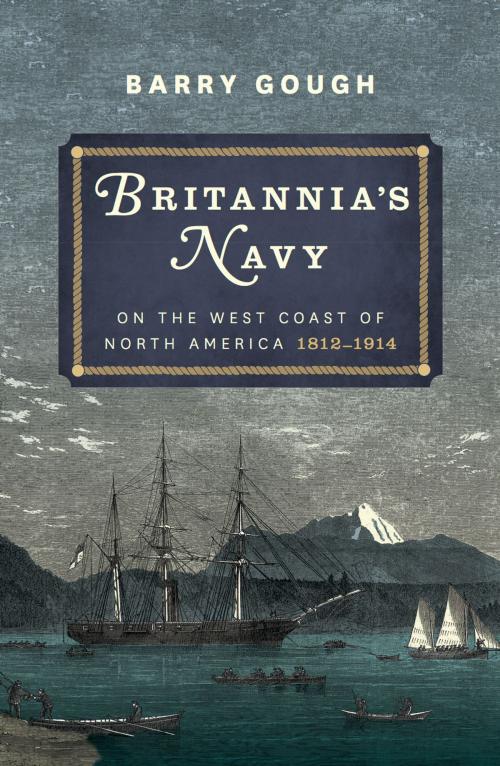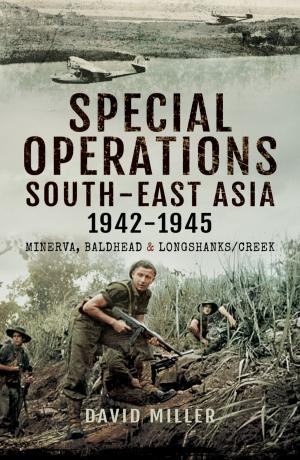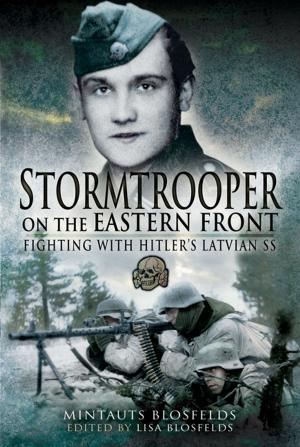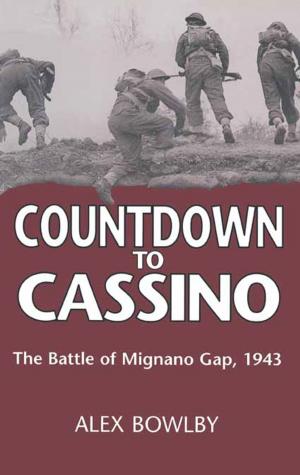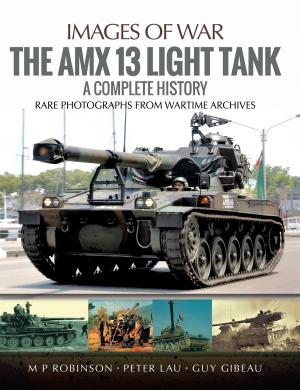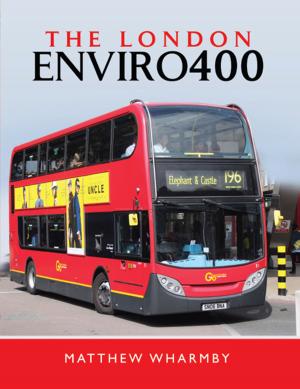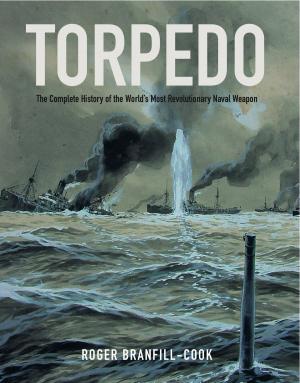Britannia's Navy on the West Coast of North America 1812 – 1914
Nonfiction, History, Military, Naval, Modern| Author: | Barry Gough | ISBN: | 9781473881389 |
| Publisher: | Pen and Sword | Publication: | October 4, 2016 |
| Imprint: | Seaforth Publishing | Language: | English |
| Author: | Barry Gough |
| ISBN: | 9781473881389 |
| Publisher: | Pen and Sword |
| Publication: | October 4, 2016 |
| Imprint: | Seaforth Publishing |
| Language: | English |
The influence of the Royal Navy on the development of British Columbia and the Pacific Northwest was both extensive and effective. Yet all too frequently, its impact has been ignored by historians, who instead focus on the influence of explorers, fur traders, settlers, and railway builders. In this thoroughly revised and expanded edition of his classic 1972 work, naval historian Barry Gough examines the contest for the Columbia country during the War of 1812, the 1844 British response to the aggressive American agenda of President Polk's Manifest Destiny and cries of Fifty-four forty or fight, the gold-rush invasion of 30,000 outsiders, and the jurisdictional dispute in the San Juan Islands that spawned the so-called Pig War. The author also looks at the Esquimalt-based fleet in the decade before British Columbia joined Canada and the Navy's relationship with coastal indigenous peoples over the five decades that preceded the Great War.
The influence of the Royal Navy on the development of British Columbia and the Pacific Northwest was both extensive and effective. Yet all too frequently, its impact has been ignored by historians, who instead focus on the influence of explorers, fur traders, settlers, and railway builders. In this thoroughly revised and expanded edition of his classic 1972 work, naval historian Barry Gough examines the contest for the Columbia country during the War of 1812, the 1844 British response to the aggressive American agenda of President Polk's Manifest Destiny and cries of Fifty-four forty or fight, the gold-rush invasion of 30,000 outsiders, and the jurisdictional dispute in the San Juan Islands that spawned the so-called Pig War. The author also looks at the Esquimalt-based fleet in the decade before British Columbia joined Canada and the Navy's relationship with coastal indigenous peoples over the five decades that preceded the Great War.
